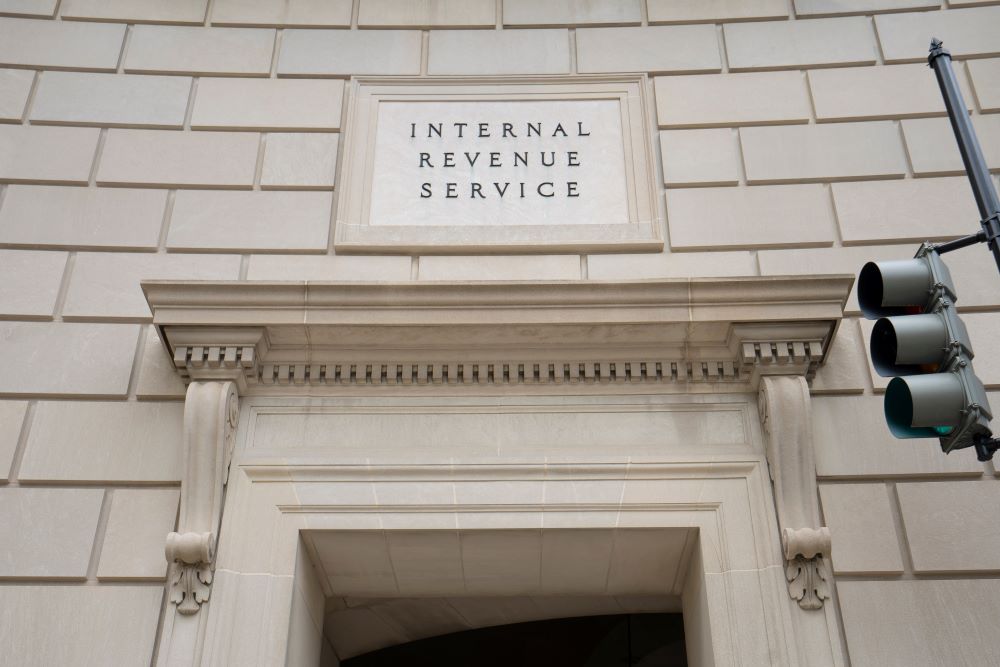
November 8, 2025

IRS Grants Penalty Relief for 2025 Reporting: The Treasury and IRS issued Notice 2025-62 to provide employers with a one-year reprieve from penalties for failing to separately report qualified employee tips, overtime pay, and occupation codes on Forms W-2 and 1099 for tax year 2025.
New Deductions are Effective Immediately: The penalty relief acknowledges that payroll systems are not yet ready, but the new individual tax deductions—”No Tax on Tips” (up to $25,000) and “No Tax on Overtime” (up to $12,500)—are effective for 2025 income and apply through 2028.
Employees Must Keep Detailed Records: Since the required data won’t be on the official 2025 W-2s, employees will need to use personal records (pay stubs, time sheets, etc.) to calculate their eligible deductions, while employers are encouraged to voluntarily share this information to prepare for mandatory reporting in 2026.
The Treasury Department and IRS are giving employers extra time to comply with new payroll reporting rules created under the One Big Beautiful Bill Act (OBBBA). In Notice 2025-62, issued November 2025, the agencies announced penalty relief for tax year 2025, acknowledging that most payroll systems aren’t yet equipped to capture separate data on employee tips and overtime. The move gives businesses some breathing room to adapt, but it also means many workers may not receive the information they need to claim the new deductions. To help clients, prospects, and others Wilson Lewis has summarized the key details below.
Background
The tax legislation, signed in July 2025, created several new individual deductions for working Americans, including the “No Tax on Tips” and “No Tax on Overtime” deductions. Both deductions apply to tax years 2025 through 2028 unless Congress extends them.
The tip deduction applies to employees and self-employed individuals in occupations that customarily receive tips. Qualifying taxpayers may deduct up to $25,000 of tips each year, with a phase-out beginning at $150,000 in modified adjusted gross income ($300,000 for joint returns).
The overtime deduction allows workers to exclude up to $12,500 of qualified overtime pay from taxable income, with the same phase-out thresholds. Qualified overtime generally includes pay earned above the regular rate for hours exceeding 40 per week under federal or state labor law.
To support these deductions, employers were expected to start separately reporting qualified tips, overtime amounts, and employee occupation codes on Forms W-2 and 1099 for 2025 wages. Because payroll systems aren’t yet ready, the IRS issued Notice 2025-62 granting a transition period to avoid widespread reporting penalties.
This notice provides a one-year reprieve for employers and payors. For 2025 returns, penalties will not apply if employers fail to separately identify cash tips, list the occupation of a tipped employee, or report qualified overtime compensation as a distinct amount.
The relief applies only to those new reporting items and only for tax year 2025. Employers must still file accurate, timely W-2s and 1099s overall. The agencies emphasized that full compliance is expected to begin in 2026, once form revisions and software updates are complete.
Employers are not required to upgrade systems immediately, but the IRS “encourages” businesses to start tracking tips and overtime internally. Doing so will help employees claim their deductions and ease the transition once reporting becomes mandatory.
Many payroll providers are already updating systems for 2026, when new data fields for qualified tips, overtime, and occupation codes will appear on standard forms. For now, employers can voluntarily share that information with employees through year-end summaries or payroll reports, even though it won’t appear on 2025 W-2s.
The new deductions for qualified tips and overtime apply beginning in 2025, but most workers will not see those figures reflected on their tax documents this year. Without separate reporting on Forms W-2 or 1099, employees will need to rely on their own pay stubs, time sheets, or point-of-sale summaries to calculate the amounts eligible for deduction.
That’s easier said than done. In many locations, pay stubs do not list tips separately, and overtime often appears only as total hours worked. The IRS acknowledged this gap but said the transition year was necessary to give employers time to update payroll systems and reporting processes.
To bridge that gap, the notice suggests that employers make the information available to employees and payees in several ways. They may provide it through an online portal, an additional written statement, another secure method. Although optional for 2025, these methods can help employees claim the deductions more accurately and prepare both sides for full compliance next year.
The IRS plans to release additional instructions early in 2026, along with the finalized Schedule 1-A (Form 1040) that will allow individuals to claim deductions for qualified tips, qualified overtime, car-loan interest, and the enhanced senior deduction.
Contact Us
The relief provided by Notice 2025-62 ends after 2025. Employers that begin capturing the data now will be better positioned when the new reporting requirements take effect. For workers, 2025 will be a year to keep detailed records, especially those in tipped occupations or industries where overtime is common. If you have questions about the information outlined above or need assistance with another tax or accounting issue, Wilson Lewis can help. For additional information call 770-476-1004 or click here to contact us. We look forward to speaking with you soon.